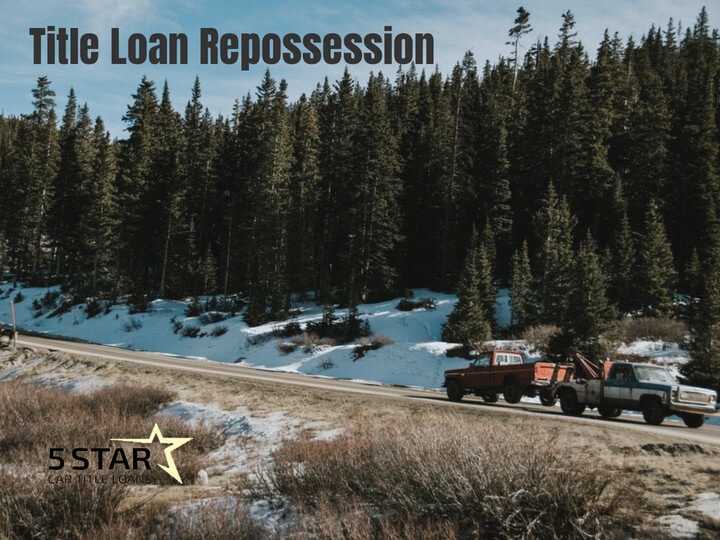
If you are (i) on active duty under a call or order that does not specify a period of 30 days or less or (ii) on active guard and reserve duty, then you are a covered member of the armed forces and a motor vehicle title lender is prohibited from making a motor vehicle title loan to you. Prohibition on Loans to Covered Members of the Armed Forces and their Dependents: Virginia law prohibits a motor vehicle title lender from making motor vehicle title loans to covered members of the armed forces and their dependents. Prohibition on Obtaining Loan on Same Day Another Loan was Repaid: Virginia law prohibits a motor vehicle title lender from making a motor vehicle title loan to you on the same day that you repaid or satisfied in full a motor vehicle title loan from either the same motor vehicle title lender or any other motor vehicle title lender conducting a motor vehicle title lending business in Virginia. Prohibition on Obtaining Loan if Motor Vehicle has Existing Lien / One Loan at a Time: Virginia law prohibits a motor vehicle title lender from making a motor vehicle title loan to you if (i) your certificate of title indicates that your motor vehicle is security for another loan or has an existing lien or (ii) you currently have another motor vehicle title loan from either the same motor vehicle title lender or any other motor vehicle title lender conducting a motor vehicle title lending business in Virginia. Notice from Lender: A motor vehicle title lender is required to provide you with a clear and conspicuous printed notice advising you that a motor vehicle title loan is not intended to meet your long-term financial needs that the interest rate on a motor vehicle title loan is high and that if you fail to repay your loan in accordance with your loan agreement, the motor vehicle title lender may repossess and sell your motor vehicle. Alternatives may include among other things less expensive short-term financing from another financial institution, family, or friends, a cash advance on a credit card, or an account with overdraft protection. In General: You are responsible for evaluating whether a motor vehicle title loan is right for you. If you have any questions about motor vehicle title lending or want additional information, you may contact the Virginia State Corporation Commission's Bureau of Financial Institutions toll-free at (800) 552-7945 or on the Internet at. It is designed to advise you of your rights and responsibilities in connection with obtaining a motor vehicle title loan in Virginia under Chapter 22 (∮ 6.2-2200 et seq.) of Title 6.2 of the Code of Virginia. Gform.Please take the time to carefully review the information contained in this pamphlet. Δ document.getElementById( "ak_js_3" ).setAttribute( "value", ( new Date() ).getTime() ) We tell you about cash you can claim every week!ĬAPTCHACommentsThis field is for validation purposes and should be left unchanged. The deadline to opt out of or object to the TitleMax class action settlement is Dec. The TitleMax class action settlement was preliminarily approved on Oct. The defendants deny the allegations but agreed to settle the TitleMax class action lawsuit to avoid the uncertainty and expense of ongoing litigation.

Obtaining this information for the purpose of soliciting new customers constitutes a violation of the DPPA, according to the TitleMax class action lawsuit. TitleMax allegedly used this information to contact consumers, without their consent, in order to solicit future business. “Beginning in the summer of 2012, Defendants began engaging in a pattern of accessing state motor vehicle records to obtain information about consumers who had previously obtained title loans from other companies for purposes of marketing its services to these potential customers,” the TitleMax class action lawsuit says. Plaintiff Dexter Sistrunk alleges TitleMax employees violated the federal Driver’s Privacy Protection Act by obtaining consumer information including names, addresses and vehicle information from the Texas DMV.


 0 kommentar(er)
0 kommentar(er)
